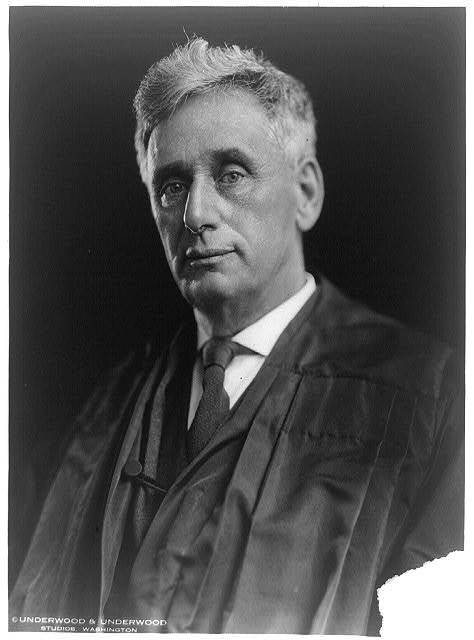Our Vision

The Louis Brandeis Institute for Society, Economy and Democracy was established in Israel in view of the need to promote independent, high-quality, globally recognized research. The Brandeis Institute conducts theoretical and applied research in a variety of fields including social and political science, law, economics, finance, regulation, media studies, and exact sciences. The Institute is working in aim of laying a research-based foundation for the enhancement of a democratic, meritocratic and fair society, an economy based on a free and competitive market, equality and reduction of social gaps, sustainable growth, independent communication, innovation and optimal financial regulation. The Brandeis Institute was established within the College of Management Academic Studies thanks to generous donations from the ‘Financial Justice’ association and others to the College. The Institute convenes conferences, forums or discussion groups and publishes research and policy papers in its fields of activity. The Institute also strives to establish a community of academics, researchers and practitioners who share the Institute’s academic values, for the carrying out of its research activity, that aims to respond to important issues of public interest, bringing these issues to the forefront of the public agenda, all in accordance with the Institute’s values.
The Brandeis Institute was established by the joint initative of three founders: Barak Gonen and Dr. Harel Primak (co-chairmen of the ‘Financial Justice’ association), and Guy Rolnik (journalist, founder of TheMarker and lecturer at the School of Business Administration at the University of Chicago).
The Brandeis Institute was established in honor of Louis D. Brandeis (1856-1941), a pioneering jurist, the first Jew to serve as a judge on the Supreme Court of the United States, and one of the leaders of the Zionist Organization of America. Brandeis was renowned for his work as a private lawyer, where he promoted public causes and was known as ‘the people’s lawyer’. He was a staunch defender of consumer interests, labor organizations, and civil rights. Brandeis is also credited with being the father of the right to privacy and for strengthening the importance of transparency, particularly in the context of the capital market.
In 1916, President Woodrow Wilson appointed Brandeis to the US Supreme Court. His progressive approach was reflected in his rulings, which are considered milestones to this day. Brandeis supported President Franklin Delano Roosevelt’s ‘New Deal’ policy in the early 1930s, leading the Supreme Court’s support for it.
Brandeis believed that economic power translates into political power, which undermines the foundations of democracy. His well-known statement is considered a cornerstone in the worldview of competition law and the fight against economic centralization in the United States:
“We must make our choice. We may have democracy, or we may have wealth concentrated in the hands of a few, but we can’t have both.”

